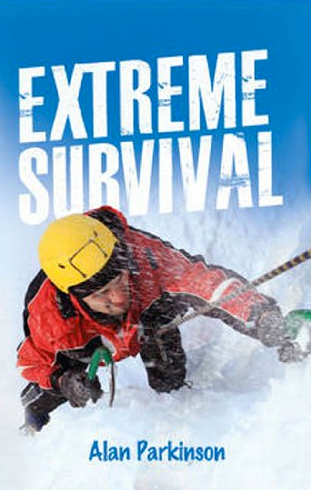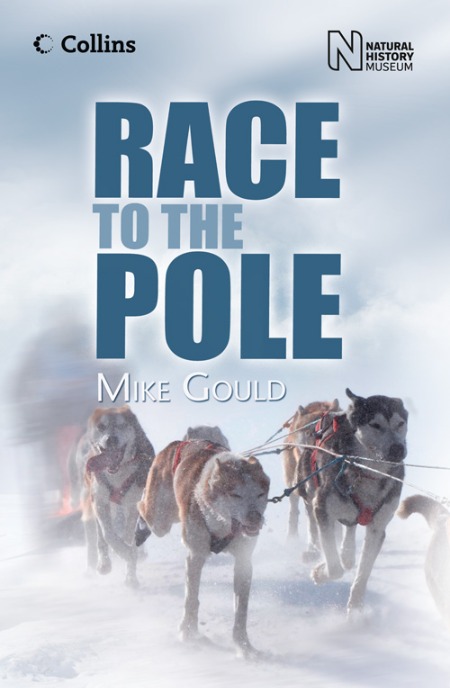By Alan Parkinson
Most days go according to plan. Nothing out of the ordinary happens and they pass without incident. There is a Latin phrase, Carpe diem, which means to ‘seize the day’, but most days we let drift by ‘unseized’. Some people, however, do things differently, and their exploits are remembered long after their deaths. They explore new places, climb unclimbed peaks or sail the ocean in search of scientific discoveries. For other people, adventures come after them when they are going about their daily routine, and throw them into situations where survival is uncertain. The Earth is an uncertain place.
Geography literally means ‘to write the Earth’ – a subject that vast makes for big and bold stories. The planet is fascinating and offers endless scope for new discoveries. Each of the Earth’s stories is a chance to help readers discover something new. They make for excellent engagement for even the most reluctant reader.
My new Read On book, Extreme Survival, provides some guidance for those who might find themselves in life-threatening situations, along with a recounting of a number of dramatic real-life stories from around the world. Young readers will lover reading about the gripping near-death experiences of adventurers such as Joe Simpson, who crawled for six snowy miles with a smashed leg before reaching his climbing partner’s camp.
Some of the most famous stories of battling against extreme odds are linked with the Polar regions of our world. Sir Ernest Shackleton’s famous boat journey to South Georgia after his ship sank still inspires people today. Robert Falcon Scott and his men, in common with many explorers at the time, chose to put their lives at risk in the name of science and exploration. Read On’s other book about our dangerous Earth, Race to the Pole, vividly retells their fateful ‘race’ against the Norwegian team, led by Roald Amundsen. Scott’s tale, which sadly didn’t have a ‘happy ending’, will surely be remembered and told for centuries to come.
Many of the stories in Extreme Survival involve people making drastic decisions. As the author, I built up the tension involved in making these choices using the written word creatively. I sometimes use a succession of short sentences to suggest that things are usually happening quickly in scary situations. I also set each scene with some vivid description of the surroundings, as the landscape for the adventure. The actual moment when things go wrong usually involves a sudden dislocation – something that is unexpected, or which is a reversal of what the earlier paragraphs have set the reader up to expect. Survival stories should keep you on the edge of your seat.
The survivors from these stories all have fascinating tales to tell from their adventures. Get your students writing and researching by encouraging them to choose one hero to ‘interview’. Download the free PowerPoint classroom activity below. And keep reading!
Extreme Survival Writing Activity
‘Race to the pole’_by Mike Gould
Alan Parkinson is an award-winning teacher, author and editor, who currently teaches Geography at King’s Ely School. He is a Chartered Geographer and Fellow of both the Royal Geographical and the Royal Scottish Geographical Societies.





